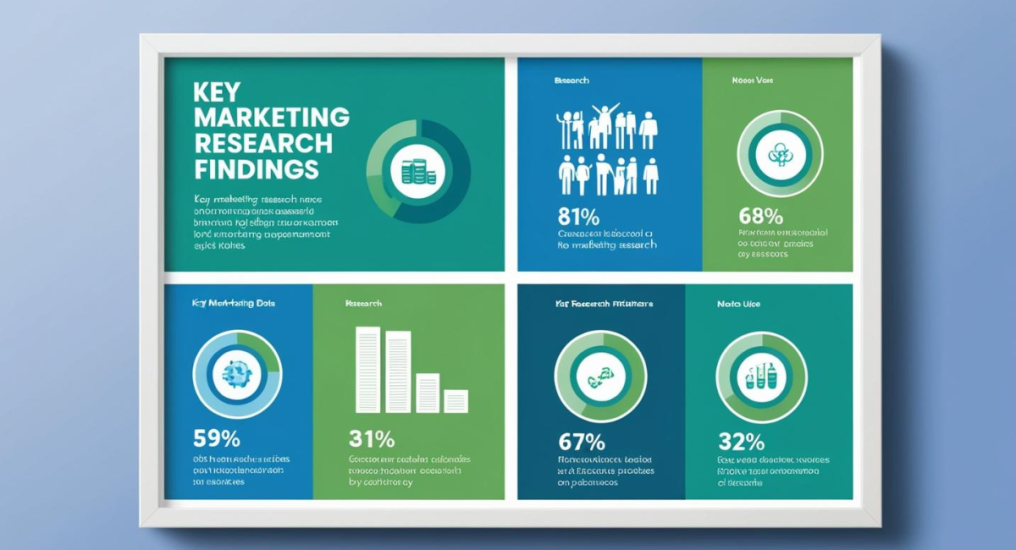After experiencing sustained growth, many businesses will begin to think about expansion. But while moving into new markets can be an exciting prospect, success often hinges on rigorous planning. Here, we will examine how market research is an important part of this process and how you can develop your own. Let’s jump in.
Market research is key to successful expansion
Navigating business expansion can sometimes resemble trying to pick your way through a thick forest. The trail can feel uncertain and unpredictable where one wrong step could trip you up. Think of market research as a light that illuminates the best path forward. It deepens understanding of potential customers and leads to more informed decision-making. Moreover, it reduces risk, enables the creation of better products and services, and shores up the long-term health of your brand.
The challenge of getting started
Despite its benefits, conducting marketing research can seem like a tall order, especially if you’ve never done it before. All too often, this leads to companies commissioning a report by a third party, which can be quite costly. Depending on the research, the cost can range at least $15,000 – $25,000 a pop.[i] This can be an unnecessary expense, especially as it’s possible to gather a lot of this information on your own.
A deeper dive
So, how do you start a market research report? Begin by sketching out your goals and objectives. Then outline the contours of your target market using these categories:
- Market demand for title insurance
- Qualitative and quantitative nature of the customer base
- Competitor analysis
- Regulatory environment (only if different from your current environment)
- Competitive advantages you bring to the table
- Any barriers that will prevent you from entering the market
Secondary research
After you have this framework, add additional detail by consulting secondary research sources. Fill out the market demand and customer base sections of your report by consulting:
- Title industry reports
- Government databases
- Housing, population and employment trends
Next, learn more about your competitors by following these steps:
- Search online for competitors who serve the target market.
- Look at business directories and your local land title associations for additional information.
- Then, see what your competitors are doing to market their products and services by looking at:
- Their website
- Social media channels
- Review sites
- SEO rankings
- Any available advertising
- Pair this with information on your competitors’ pricing, services and customer base.
In working through this exercise, a better picture of competing organizations will come into focus. The last step is then to populate the sections on your competitive advantages and barriers to entry. Perhaps one of the best tools to use here is what’s known as a “SWOT analysis.” Here’s what that requires you to look at and flesh out:
- Strengths: What are you doing right and/or well.
- Weaknesses: The potential weak points within your organization.
- Opportunities: The opportunities or openings in the market of which you can take advantage.
- Threats: What could threaten your ability to enter a new market.
Next steps
Armed with a better understanding of the market, your competitors and how they stack up against your organization’s strengths, weaknesses and capabilities, you can build better offers for your products and market them in a way that connects and converts. Don’t stop with just market research, though. Use this document as the basis for creating a strategic plan, a marketing and sales strategy and even guidance for how your organization can align resources with short- and long-term goals. Combined, these various assets will position you to not only enter your target market but hit the ground running.
[i] https://www.linkedin.com/pulse/how-much-does-market-research-cost-philomathresearch/



